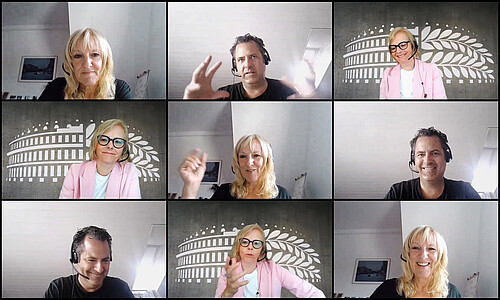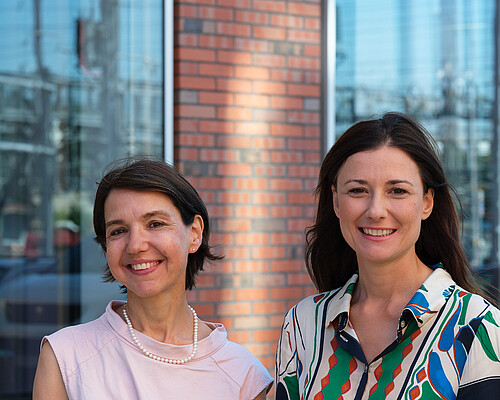
No crisis lasts forever
Crises frequently serve to trigger creativity and innovation. But anyone who is in the throes of a crisis – or is even experiencing several crises at once – might not view things quite so optimistically. With our Dossier theme for this issue, we want to show how experts and private individuals set about looking for solutions and go on to find them.

We were just about to breathe a sigh of relief in mid-February after the Federal Council had lifted nearly all the corona measures and promised us a return to normality when Russia invaded Ukraine again. “Is it never going to end?” was the initial reaction in many cases.
In an interview, ZHAW economist Khaldoun Dia-Eddine pinpoints more than ten major economic, political or economic crises that have taken place in just the last thirty years or so. The climate crisis is most probably the crisis that constitutes the greatest threat to us in the long term, says ZHAW psychologist Agnes von Wyl in the same interview: “We should be seriously asking ourselves why it is of such little concern to us.” And this despite the fact that we are fully aware of what we ought to be doing, as the third interviewee, ZHAW ecologist Jürg Rohrer, stresses.
Our illustrator Till Martin has also been wondering why we are so passive. The person in his cover picture appears to be paralysed and be failing to do anything, even though the bucket that he or she could use to get out of the swamp is close at hand. This picture symbolises how the familiar and supposedly reliable approaches, tools and measures that we adopt suddenly cease to be effective in the face of a crisis. Helplessness and fear are frequently our predominant reactions – in the first instance at least. These phases of paralysis and repression are then followed in many crisis management theories by phases in which we look for solutions and completely reorient ourselves.
Crises frequently serve as triggers for creativity and innovation. In this Dossier, we set out ideas that can help in the management of crises, with the aim of offering a few rays of hope against a backdrop of world events overshadowed by dark clouds. We want to show how experts and private individuals set about looking for solutions and then go on to find them. The examples given could inspire us to display greater courage and optimism in effectively managing both current and future crises.


0 Comments
Be the First to Comment!